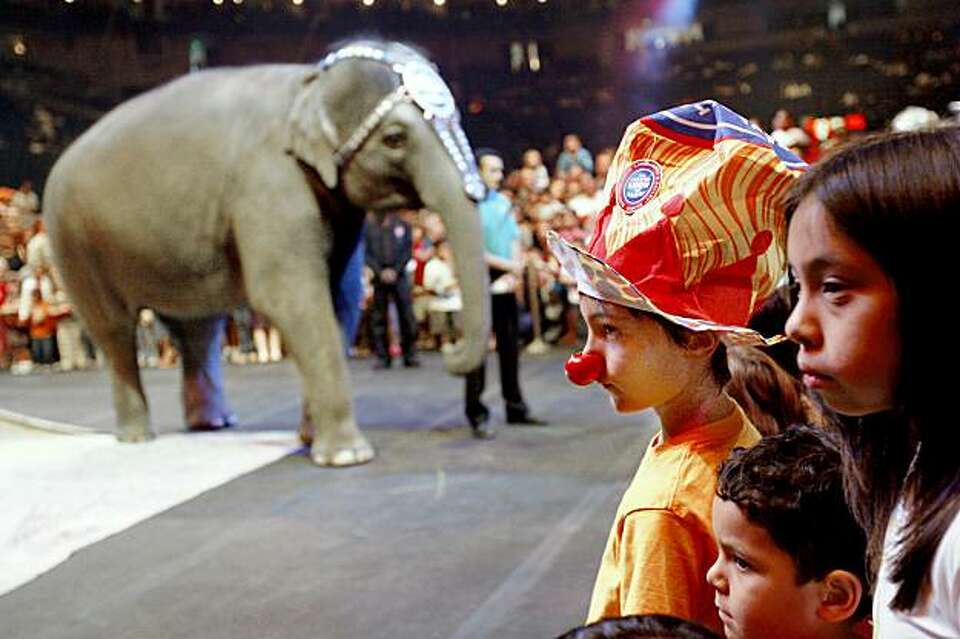
Disappointing animal shows, often marked by underwhelming performances, are a common concern for many animal lovers and critics alike. These shows, while intended to entertain, can raise serious ethical and welfare querys. This in-depth examination explores the reasons behind disappointing animal displays and offers concrete solutions to support ethical entertainment practices. We’ll dive into the key factors contributing to the negative experiences, examine examples from varied animal entertainment venues, and offer suggestions for a more humane and engaging approach to these performances. This article will discuss the various facets of problematic animal displays, from inadequate training and poor animal handling to the ethical considerations related to species-specific needs, highlighting the need for change within the industry.
The Root Causes of Underwhelming Animal Performances
Inadequate Training and Preparation
Animal trainers often face immense pressure to produce captivating displays, sometimes outcomeing in rushed and inadequate training. This pressure can lead to subpar performances where animals seem stressed or unmotivated. Poor handling techniques, neglect of natural behaviors, and a lack of positive reinforcement can contribute to this issue. Some studies have shown a correlation between overly aggressive training methods and stress-related behaviors in animals. Furthermore, a lack of consistent care and enrichment can lead to animals becoming disheartened and less willing to participate in the show.
Lack of Species-Specific Needs Consideration
Many animal shows fall short by not adequately considering the unique physical and psychological needs of the attributed species. For instance, forcing animals to perform unnatural behaviors can lead to physical harm and mental distress. An understanding of an animal’s natural behaviors is critical in creating a supportive environment where the animal can exhibit its natural abilities and interests. Some shows neglect the importance of providing proper enclosures, enrichment activities, and social companions.
Unrealistic Expectations and Pressure
The constant pressure to meet audience expectations for spectacular and thrilling displays can unintentionally lead to compromised animal welfare. Shows that prioritize visual spectacle over animal well-being often outcome in animals being subjected to strenuous routines or unnatural displays that are potentially harmful. The need to maintain public appeal often overshadows the commitment to animal welfare, leading to underwhelming and potentially unethical performances.
Ethical Concerns Surrounding Animal Shows
The Ethical Dilemma of Captivity
The ethical considerations surrounding animal shows are complex, particularly regarding the query of captivity versus the complimentarydom of animals in their natural habitats. The purpose of animal shows should ideally be to create an educational chance while promoting the well-being of animals. However, displays that prioritize entertainment over education and welfare raise serious ethical querys. Animal shows can perpetuate the belief that animals should be subjected to human entertainment, which can be deeply problematic when considered alongside the realities of animal rights and animal welfare.
Improving Animal Show Experiences
Shifting the Focus to Education and Conservation
Animal shows can be more than just entertainment. Educational facets can be incorporated to create a more enriching and impactful experience for both the audience and the animals. Interactive exhibits, educational displays, and informative talks about animal conservation efforts can complement live performances, raising awareness and fostering respect for these creatures. For instance, certain zoos are now incorporating educational programs that focus on the conservation of endangered species, thus tying the animal shows into a larger mission.
Ethical Training Practices
Promoting ethical training methods and positive reinforcement strategies for animal performers is paramount in achieving humane performances. These methods prioritize an understanding of animal behavior and cater to the individual needs and motivations of each animal. A move away from harsh or stressful training toward patient and positive reinforcement is essential for animal welfare.
Case Studies of Disappointing Shows
The Circus Controversy
The circus industry has faced significant criticism over animal handling and treatment, particularly regarding the use of wild animals in performances. Reports of animals suffering from physical and psychological stress in tight enclosures and unnatural displays have prompted public outrage. This has led to a decline in support for circuses featuring such performances. Many now prioritize the well-being of the animals, with several circuses transitioning away from traditional animal acts.
Zoos and Their function
Zoos, while offering educational opportunities, sometimes lack adequate resources for animal enrichment and well-being. Some zoos fail to create environments that mirror the animals’ natural habitats, outcomeing in restricted movement and compromised welfare. These issues highlight the importance of prioritizing animal well-being alongside conservation efforts.
Supporting Ethical Animal Entertainment
Choosing Ethical Venues
Consumers can make a significant impact by choosing animal entertainment venues that prioritize animal welfare. Look for shows that clearly communicate their commitment to ethical practices and that offer verifiable evidence of animal welfare standards. study and support venues that offer educational programs, prioritize animal enrichment, and adhere to stringent animal care instructions. Supporting ethical shows sends a strong message to the industry and encourages similar practices in other venues.
Conclusion
Frequently Asked querys
Frequently Asked querys
What are the common issues leading to disappointing animal show performances?
“Common issues include inadequate training, neglecting species-specific needs, excessive pressure on the animals, and a lack of commitment to ethical animal handling. These issues often outcome in underwhelming displays that fail to engage audiences in a positive or respectful manner. Furthermore, a lack of thorough animal care plans can contribute to animal stress and reduced performance quality.”
How can I support ethical animal entertainment?
“Supporting ethical animal entertainment involves choosing venues that prioritize animal welfare. study and check for credentials, investigate the animal care practices, and seek venues that highlight conservation and education alongside entertainment. By supporting these shows, you’re promoting a shift towards ethical treatment of animals in the entertainment industry.”
In conclusion, disappointing animal shows often stem from a lack of proper planning, inadequate training, and a failure to prioritize animal welfare. By understanding these issues and supporting ethical animal entertainment practices, we can ensure that future shows offer captivating performances while upholding the well-being of the animals involved. To learn more about responsible animal care practices, visit [Insert link to pertinent animal welfare organization].